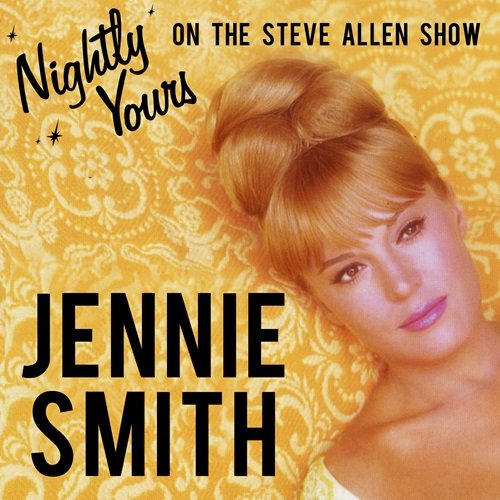New Emily Jazz Orchestra - Alternate Seasons (1991)
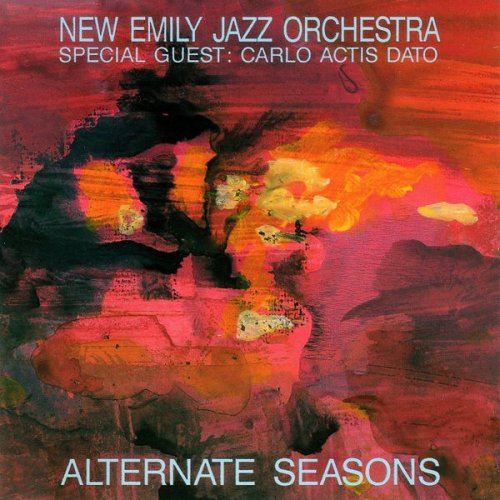
Artist: New Emily Jazz Orchestra, Mario Gazzi, Erio Vaccari, Mirco Novi, Paolo Panzani, Marcello Franchini, Romolo Grande, Bruno Franchini, Carlo Actis Dato
Title: Alternate Seasons
Year Of Release: 1991
Label: Splasc(h) Records
Genre: Jazz, Contemporary Jazz
Quality: FLAC (tracks)
Total Time: 49:38
Total Size: 312 MB
WebSite: Album Preview
Tracklist:Title: Alternate Seasons
Year Of Release: 1991
Label: Splasc(h) Records
Genre: Jazz, Contemporary Jazz
Quality: FLAC (tracks)
Total Time: 49:38
Total Size: 312 MB
WebSite: Album Preview
1. Riffs (06:25)
2. Bolero Boogie (07:13)
3. Ballata Lunatica (08:18)
4. Alternate Seasons (18:27)
5. About Blues March (09:12)
Personnel:
Mario Gazzi | Cornet
Erio Vaccari | Clarinet, Alto Saxophone
Mirco Novi | Clarinet, Soprano Saxophone, Tenor Saxophone
Paolo Panzani | Piano
Marcello Franchini | Electric Guitar
Romolo Grande | Electric Bass, Arranger
Bruno Franchini | Drums, Flute, Soprano Saxophone, Vocal
Featuring:
Carlo Actis Dato | (Bass Clarinet on tracks # 2-4-5) , Tenor Saxophone, Baritone Saxophone
The New Emily Jazz Orchestra is an Italian octet that likes to play their postmodern jazz with a rough and rowdy edge. Playing a program of compositions by Antonio Ricco presents its own set of challenges, especially with his striated sense of harmonic interplay and tonal extravagance that juxtaposes free jazz, early swing and Dixieland jazz together in the same eight bars ("Riffs") or creates a expressionistic tango from Ravel's "Bolero" on "Bolero Boogie," with reed and winds leading the way (by Erio Vaccari, Mirco Novi, and Carlo Actis Dato on clarinets and tenor and baritone saxes) in a chase followed by stumbling piano, faltering trap drums and a bassline that splits itself down the middle of rhythm and improv. The harmonic architecture erected by Ricco here is best articulated by Marcello Franchini on electric guitar: He offers taut, razor sharp chords as the basis for a series of improv around the almost carnivalesque minor theme before ripping off a few arpeggios of his own. On the only non-Rocci tune, Benny Golson's "About Blues March," the New Emily Jazz Orchestra could have called it "About Face Blues March," since the horns are both playing and un-playing the theme at the same time leaving Paolo Panzani's piano to offer Golson's theme, or at least a likeable replica of it, in the main body of the lyrical intervention that is challenged wholesale by the pianist's solo! When the horn enter in with the familiar theme, cascading down the diatonic scale, the blues come rolling out with them and it's a free for all that nonetheless marches right on into a raucous silence. This is an incendiary album, one that is full of innovation, awesome playing and arranging, and laughs.
Review by Thom Jurek
Review by Thom Jurek
![Mehmet Ali Sanlikol - The Electric Oud Man Speaks and You Listen... (2026) [Hi-Res] Mehmet Ali Sanlikol - The Electric Oud Man Speaks and You Listen... (2026) [Hi-Res]](https://img.israbox.com/img/2026-02/28/0areq907i6p8nj96306jai1a0.jpg)
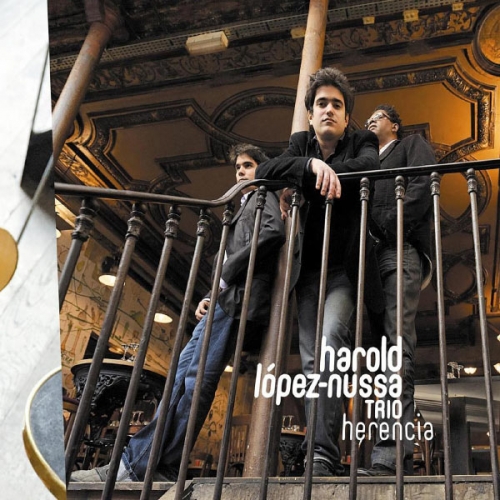
![El Calefón - Salir Del Agujero (2026) [Hi-Res] El Calefón - Salir Del Agujero (2026) [Hi-Res]](https://img.israbox.com/img/2026-02/26/sm3fq4x280rjvn4eh85ksne6j.jpg)
![Jeremy Pelt - Our Community Will Not Be Erased (2026) [Hi-Res] Jeremy Pelt - Our Community Will Not Be Erased (2026) [Hi-Res]](https://www.dibpic.com/uploads/posts/2026-02/1771945030_folder.jpg)
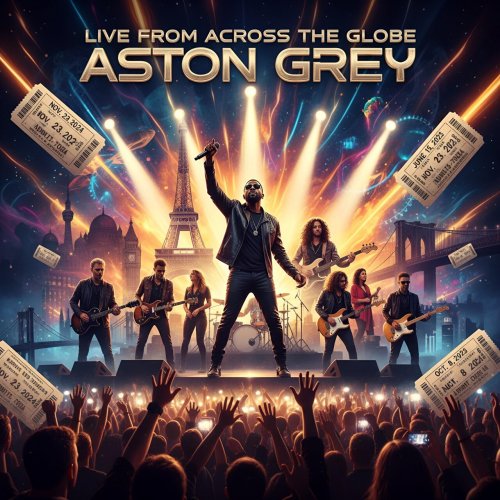
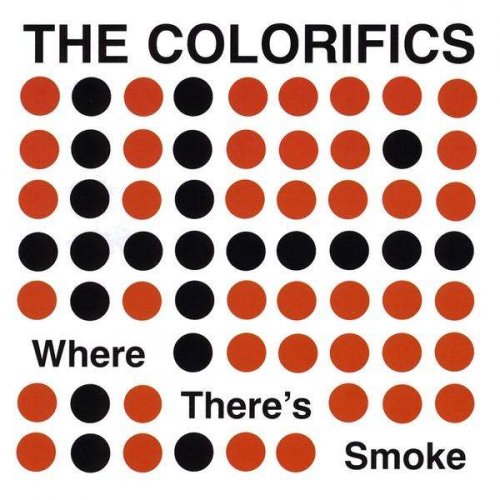
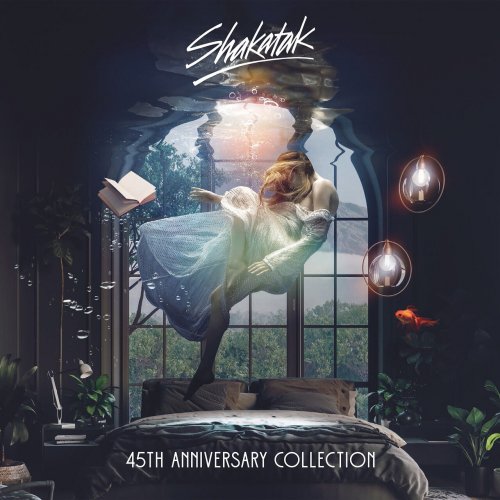
![Fabiano do Nascimento - Vila (2026) [Hi-Res] Fabiano do Nascimento - Vila (2026) [Hi-Res]](https://img.israbox.com/img/2026-02/26/o4t38f6qf24pvc3bqzanbhsz3.jpg)
